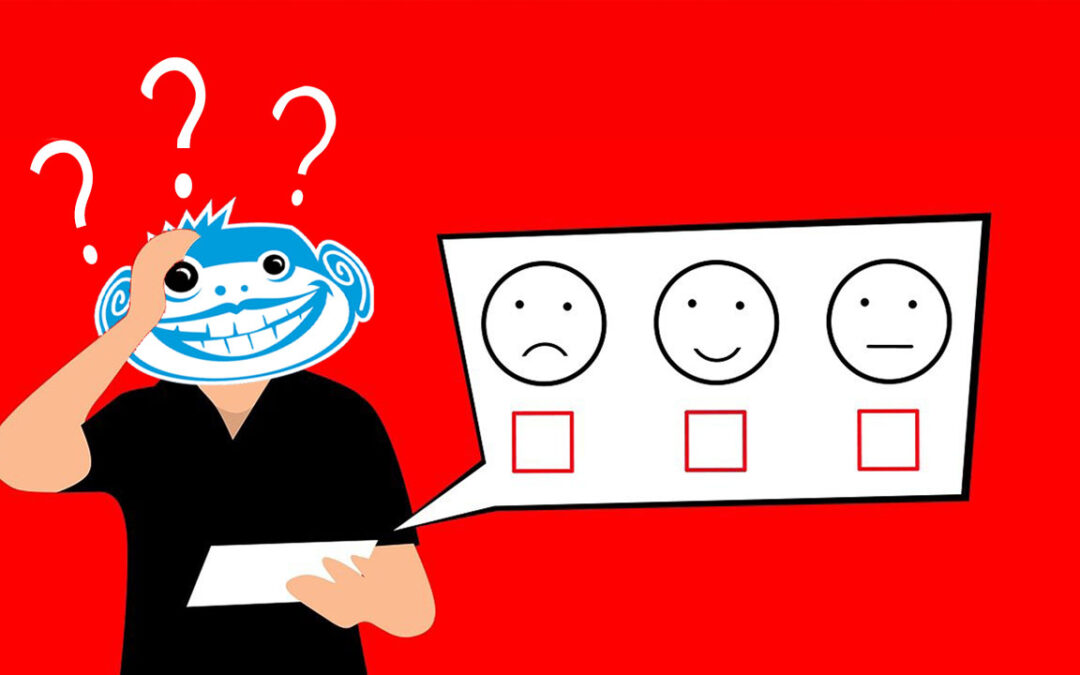Reviews are fundamental to online consumerism. Without reviews to read through, how do you know the widget you’ve been eyeing from “Company X” is all it’s cracked up to be? You’ve never heard of Company X and their particular version of widget, so how can you be sure you’re getting good value for your money? I firmly believe in the value in online reviews. That said, reviews—both good and bad—are probably best perused with some level of skepticism. If it sounds too good (or too bad) to be true, it probably is. Of course, savvy online shoppers have a knack from weeding out the fakes from the real thing. And if that’s not enough to instill some confidence in online shopping, there ARE other reliable ways to get the scoop on a new product or service.
Online Reviews: Are They for Real?
When you read a review online do you really, really know for whence it came? Whether it’s a 5-star review or a negative Nancy (or Norm), can you rely on its veracity? After reading a Wall Street Journal article, I’m not so sure.
In “Have Online Reviews Lost All Value?” author Rebecca Dolan wonders how we can differentiate between all the 4.5-star ratings for products such as Crest, Colgate, Tom’s and whether those reviews are real or fake. From her interview with a former Amazon employee, she asserts that the number of fake reviews on Amazon are around 30 percent, despite Amazon claims that less than 1 percent of its reviews are fake.
Given that disparity, who can you believe?
NOT JUST AN AMAZON PROBLEM
Dolan’s article goes on to state that numerous vendors hire “click farms” to post positive comments about their products. (A click farm is an “undercover operation in which individuals fraudulently interact with a website to artificially boost the status of a client’s website, product, or service.”)
Certainly, that can’t be good for the reliability of online reviews. I can imagine scenarios where vendors hire click farms to post positive reviews, and also where competitors hire click farms to post negative reviews. Other examples include employees being sent instructions for posting positive product reviews for certain brands, including (according to Dolan) “tips on how to create multiple fake accounts.” Ouch.
Other ratings systems aren’t as clear cut. For example, with Uber, there is apparently a sort of tenuous relationship between drivers and riders. Each can rate the other, and no one wants to get a bad rating. Thus, riders tend to overrate their drivers for fear of getting a bad review themselves, and vice versa. How fair is that?
RED FLAG WARNINGS
So, if online reviews aren’t reliable, what can you do?
Worst case, if you buy a product based on a 5-star review and aren’t pleased with it, return it—no harm, no foul other than a bit of inconvenience. Of course, not all vendors make the return process all that easy.
Otherwise, if you’re investigating an item—whether a product or a restaurant—and the reviews sound too good to be true, chances are they are. No matter how good a product or service, there are bound to be some bad with the good.
- A product or service that has hundreds of 5-star ratings and little else should raise some red flags.
- Similarly, a product or service with an inordinate amount of bad reviews should raise eyebrows as well.
Also watch for similar sounding reviews—both good or bad—that seem as though they originated from the same talking points (because they probably did!).
WHAT’S A PERSON TO DO?
There’s a popular saying: buyer beware! It’s as old as commerce itself. The best advice I can give is to read, review, and don’t discount word-of-mouth from the people you trust the most—friends, family, co-workers and others who have purchased or been in the market for the product or service you’re considering. They are the real experts.
Absent that, there is another category of online reviewer—the expert blogger or influencer.
While often these people are compensated for their recommendations in terms of product or cold hard cash, the reality is that much of their livelihoods depend on providing followers with recommendations they can trust, so they are incentivized to do the right thing.
In other words, recommend too many products that are shabby or subpar, and they’ll soon no longer be an influencer. Unlike online reviewers who hide behind anonymous usernames, most bloggers and influencers put their names and their likenesses out there every day for all to see.
What’s your experience of online reviews been? How do you sift through the numerous positive and negative reviews? How do you decide?
LET’S GET CREATIVE
Let Barrel O’Monkeyz serve as your seasoned, outsourced marketing team. Our barrel is full of talent and creative minds ready to prove we don’t just monkey around! Contact Barrel O’Monkeyz Today

